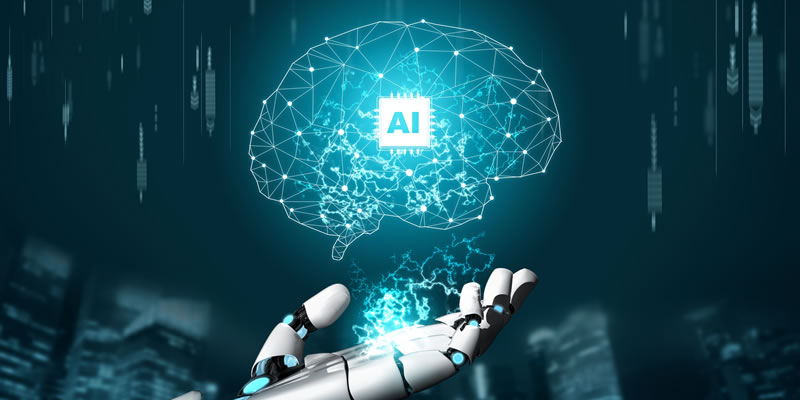
Artificial intelligence (AI) has revolutionized numerous industries, and search engine optimization (SEO) is no exception. As search engines continue to refine their algorithms, AI-powered technologies have emerged as powerful tools for improving website rankings and enhancing user experience. In this article, we will explore the various ways in which AI affects search engine optimization and how businesses can leverage these advancements to stay ahead in the digital landscape.
1. Enhanced Search Algorithms:
AI has significantly improved search engine algorithms, enabling them to better understand user intent and deliver more relevant search results. Natural Language Processing (NLP) algorithms, powered by AI, have made search engines smarter at interpreting search queries and producing more accurate results. This evolution has prompted SEO practitioners to focus more on creating high-quality, user-focused content that satisfies search intent, rather than simply targeting specific keywords. AI-driven algorithms can now identify context, semantics, and even sentiment, allowing search engines to deliver personalized results tailored to individual users.
2. Content Creation and Optimization:
AI has transformed content creation and optimization processes, making them more efficient and effective. AI-powered tools can analyze vast amounts of data and extract valuable insights to inform content strategies. From generating topic ideas and performing keyword research to optimizing content for SEO, AI tools streamline the entire process. Additionally, AI can aid in creating personalized content experiences by dynamically tailoring content based on user preferences and behavior patterns, ultimately enhancing engagement and conversion rates.
3. Voice Search and Virtual Assistants:
The rise of voice search and virtual assistants has been fueled by AI advancements. As more people use voice commands to perform searches, optimizing websites for voice search has become crucial. AI-driven technologies enable search engines to accurately interpret and respond to voice queries, transforming the SEO landscape. To adapt, businesses must optimize their content for long-tail, conversational keywords and provide concise, structured data that search engines can easily understand. Voice search optimization, combined with AI-powered virtual assistants, opens up new opportunities for businesses to engage with customers and drive traffic to their websites
4. User Experience and Personalization:
AI plays a vital role in improving user experience (UX) and personalization, both of which have a significant impact on SEO. AI algorithms can analyze user behavior, preferences, and browsing history to deliver personalized search results and recommendations. By understanding user intent and preferences, businesses can create tailored landing pages, personalized offers, and targeted content, enhancing user engagement and increasing conversions. AI-powered chatbots and customer service tools also contribute to a positive user experience by providing instant support and resolving queries promptly.
AI has revolutionized search engine optimization by enhancing search algorithms, transforming content creation and optimization processes, enabling voice search optimization, and improving user experience and personalization. As AI continues to advance, SEO practitioners must adapt their strategies to leverage these technologies effectively. By understanding and embracing the impact of AI on SEO, businesses can stay ahead in the digital landscape, drive organic traffic, and deliver exceptional user experiences.